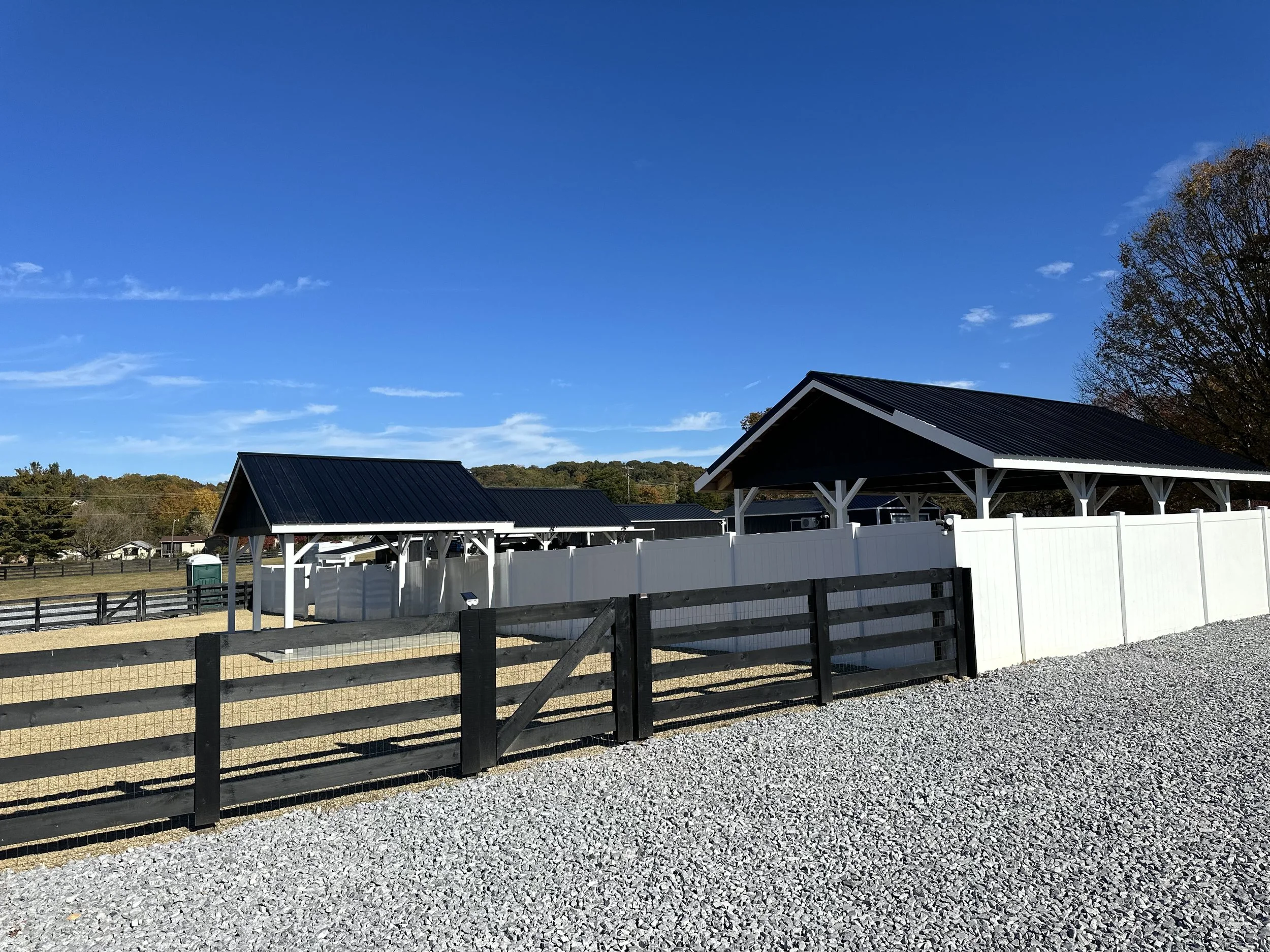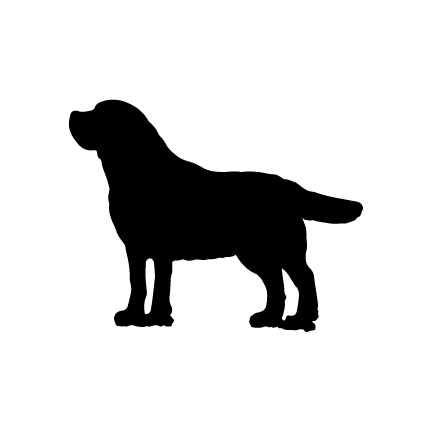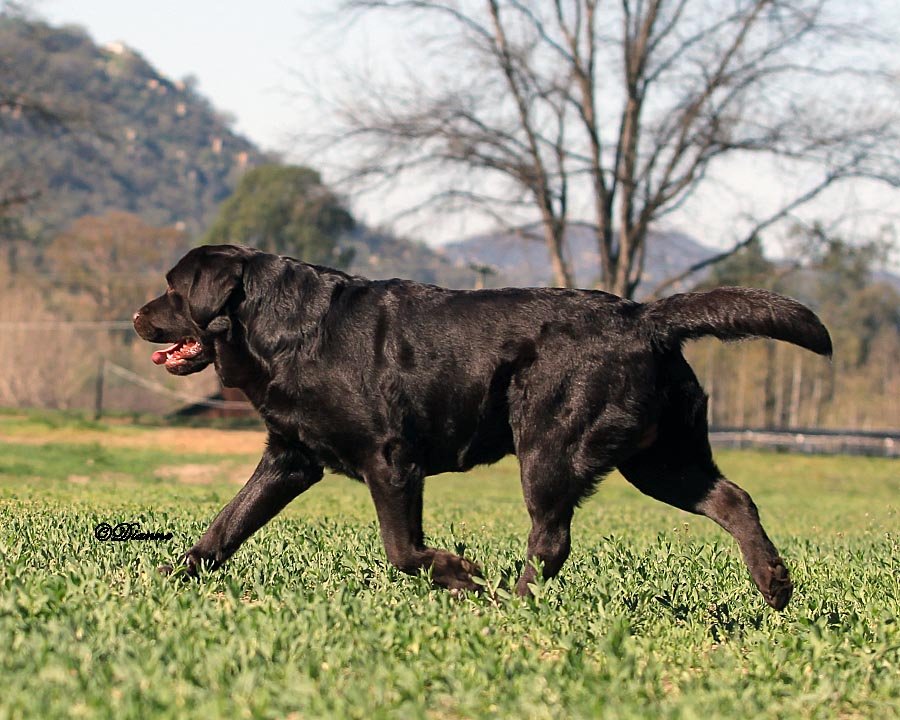
Foods to Feed and Avoid for English Labradors
In order for English labrador puppies to grow into happy and healthy adult dogs, it's important for them to eat the right foods. A dog's digestive system is much different than that of a human, meaning that meals that are healthy for you may not be for your canine companion. As such, it's important to understand what kinds of foods are safe for English labrador retrievers before you prepare their meal.
At Smoky Mtn Labradors, we have years of experience breeding and raising this beloved breed and know which foods are safe for a dog's stomach and which aren't. We care about helping English labs grow up healthy, which is why we'll be happy to share our knowledge with new and old dog owners alike.
What to Feed English Labs
Nutritional Kibble From a Trusted Brand
Feeding your Labrador Retriever the right kind of nutrition is key to its well-being. A balanced diet, rich in essential nutrients, is vital, especially for a growing labrador puppy. It's important to remember that different life stages require different nutrition — for example, puppy food is rich in high-quality protein and fat to support growth, while adult food focuses on maintaining a healthy weight and muscle mass.
The dog kibble available at pet food stores often provides all the nutrients your English lab needs for a healthy life, including healthy fats, vitamins, and minerals. While there are many different brands to choose from, we at Smoky Mtn Labradors recommend Royal Canin for English lab puppies. Regardless of which type of kibble you choose, it's important to choose the best dog food that suits your lab's age and activity level to ensure they have a healthy body condition.
What Not to Feed English Labs
-
Feeding an English lab coffee, chocolate, or any food containing caffeine is incredibly dangerous, as these substances can seriously harm their nervous system and digestive systems. Caffeine, in particular, can lead to rapid heart rate, restlessness, and even seizures. Remember, many human foods are dangerous for dogs — what's a treat for us can be toxic for them. Stick to dog food designed for their specific dietary needs to keep your dog healthy and safe.
-
Onions, garlic, and other plants from the allium family are harmful to your English labrador retriever. These foods are toxic to them and can cause damage to a dog's red blood cells, leading to anemia. This condition can severely affect your lab's health, causing symptoms like weakness, vomiting, and breathing problems. It's essential to avoid these foods in your dog's diet and be cautious with human food that could contain these ingredients. Always double-check the ingredients in your dog's food to ensure their safety.
-
Grapes, raisins, and cherries are also extremely harmful to English labs. These fruits can cause rapid kidney failure and other digestive issues. Even small amounts can be toxic, so it's crucial to keep these out of reach of your lab. Feeding labradors the right diet without these dangerous food items can help maintain their digestive health and prevent severe health problems.
-
Avocados might be healthy for humans, but they're a risky choice for your canine friend. The fruit, pit, leaves, and bark of the avocado plant contain a substance called persin, which can cause stomach upset and even more serious health issues in dogs. As such, avoid feeding your English labrador avocados to ensure their digestive system runs smoothly.
-
While it might seem natural to give a dog a bone, cooked bones are a definite hazard. They can splinter easily, risking injury to your dog's mouth, throat, or intestines. These injuries can be severe, leading to emergency situations. Always choose safe chew toys or treats specifically designed for dogs, available at pet food stores, instead of risking your dog's health with cooked bones.
Can English Labs Eat Raw Meat?
Raw feeding, which includes raw meat and raw food diets, is a controversial topic among many dog owners. While some believe it provides a more natural diet for dogs, it's not without risks. Raw diets can expose dogs to bacteria and parasites, and it's challenging to ensure the diet is nutritionally balanced.
Additionally, raw feeding can lead to nutritional deficiencies or excesses that affect the dog's well-being. It's worth noting that certain raw foods like raw fish or lean meats require careful handling to prevent health issues. If you're considering a raw diet for your English lab, consult with a professional veterinarian to weigh the benefits and risks and to ensure your furry friend receives a diet that supports their overall health.
Helpful Resources for New English Labrador Owners
The Smoky Mtn Method
Health & Nutrition Information
New Puppy Owner Advice
To Learn More About English Labs, Call Smoky Mtn Labradors Today
For information on whether to pursue a dry food or raw food diet and for professional dry good recommendations that won't upset your dog's stomach, reach out to Smoky Mtn Labradors today! Our experienced team will be there to answer your questions to ensure that your canine friend receives the meals they need to stay happy and healthy.


